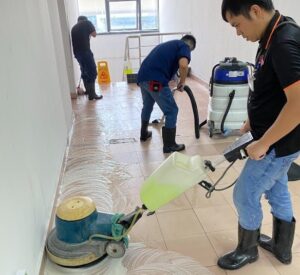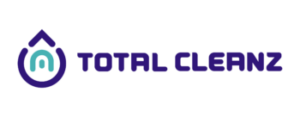
Office cleaning is essential for every business, whether you’re running a small startup or a large corporate headquarters. A clean workspace keeps employees healthier, boosts productivity, and leaves a strong impression on clients. Yet when you request quotes, the prices you’re given can differ greatly. One company may offer a low-cost package that includes only basic vacuuming and dusting, while another charges considerably more for what appears to be the same job. In reality, the level of service, the quality of supplies, the reliability of cleaners, and the flexibility of scheduling all influence the final cost. These variations aren’t random; they reflect the provider’s approach and your office’s unique needs. Understanding these factors will help you plan, maintain a presentable workplace, protect your staff’s well-being, and manage your budget with confidence. If you’re also exploring wider solutions beyond offices, take a look at our commercial cleaning services.
How Office Cleaning Costs Are Typically Calculated
Unlike residential cleaning, office contracts often use a mix of billing methods that give businesses flexibility in managing costs:
- Hourly rate: Common for smaller offices that need a cleaner for just a few hours a day to handle basic upkeep such as vacuuming and bin emptying. It’s straightforward, but the costs can add up if tasks take longer than expected.
- Per square foot: This approach is more common in larger offices, as it directly ties costs to the size of your workspace. For example, an open-plan office will be priced differently from a multi-storey space with meeting rooms, pantries, and shared areas.
- Monthly package: Many providers encourage companies to commit to packages that cover regular routines such as daily dusting, pantry restocking, restroom care, and periodic sanitisation. These often include bundled services, predictable pricing, and sometimes priority scheduling.
For instance, a boutique office might be quoted SGD 25 per hour for daily cleaning, while a mid-sized firm could choose a SGD 1,200 monthly plan that includes general cleaning, pantry replenishment, and scheduled deep cleans. Larger corporations might negotiate customised contracts with add-ons such as quarterly carpet shampooing or weekly window washing, ensuring comprehensive coverage at a set fee.
10 Key Factors That Influence Office Cleaning Costs
1. Office Size and Layout
A compact office with a simple open-plan layout is usually quicker and cheaper to maintain because cleaners can move efficiently across the floor without obstacles. In contrast, a workplace filled with cubicles, enclosed offices, or multiple meeting rooms requires more time and attention to detail. High-traffic areas such as conference rooms, pantries, and reception zones demand extra care, while flooring materials like carpets require specialised equipment compared to tiles or vinyl. Size, layout, and finishes are therefore key cost drivers across the industry.
2. Type of Cleaning Service
Offices have different needs compared to homes, and the cleaning you select has a big impact on cost:
- Routine upkeep: everyday essentials include sweeping, vacuuming, mopping, emptying bins, and wiping down surfaces.
- Deep cleaning: Intensive services that cover carpets, windows, blinds, ceiling vents, and other areas often overlooked during routine sessions. It may also include polishing floors or dusting high areas.
- Workstation sanitisation: cleaning and disinfecting keyboards, phones, monitors, and desks to reduce the spread of germs.
- Pantry and restroom care: higher hygiene standards, often requiring daily attention to restock supplies, scrub surfaces, and remove odours.
Each service comes with its own labour needs, specialised products, and time commitments. Routine upkeep may only take a few hours daily, but a deep clean could require a full team working outside office hours with advanced equipment. Choosing the right mix depends on the size of your workforce, how often clients visit, and whether you prioritise appearances, hygiene, or both. The type of service you choose should align with your office’s usage patterns and business goals, ensuring you get value for your investment.
3. Frequency of Service
The frequency at which you schedule cleaning has a significant impact on the cost. Daily cleaning—whether during office hours or after staff leave—usually lowers the per-visit rate compared to ad-hoc cleans because providers can plan resources more efficiently. Offices that commit to regular schedules maintain a consistent standard, which reduces the time needed for each session over the long term. Companies that sign longer contracts, such as quarterly or annual agreements, often secure better rates and added benefits like priority scheduling, customised checklists, or discounted periodic deep cleans. It not only saves money but also ensures a consistently healthy and professional environment.
4. Office Cleaning Workforce and Expertise
A single cleaner can typically manage a small office, handling basic tasks such as vacuuming, dusting, and emptying bins. Larger or more complex spaces, such as those with multiple rooms, heavy foot traffic, and pantries, often require a team to work efficiently. Teams cover more ground quickly and can assign cleaners to specific duties such as sanitising restrooms, maintaining carpets, or handling waste. Experienced cleaners or supervisors may charge higher rates, but their training ensures consistency, high standards, and fewer errors. For offices that host clients regularly or have compliance obligations, investing in skilled staff is often a worthwhile investment, given the higher costs.
5. Supplies and Equipment
Commercial-grade cleaning requires far more than standard detergents and a mop. Offices often need powerful vacuums, floor polishers, and professional-grade disinfectants to handle heavy use. If the provider supplies everything—from eco-friendly products that protect indoor air quality to specialised machinery like steam cleaners—you can expect higher fees. Costs also reflect ongoing equipment maintenance and training for staff to use it safely. While this raises the price, it ensures your office benefits from thorough cleaning, improved hygiene, and results that surpass what household products can deliver.
6. Specialised Add-ons
Extras include carpet shampooing, pantry deep-cleans, upholstery treatment, event clean-ups, and window washing. These demand more time, labour, and equipment than routine cleaning, so they’re billed separately. For example, carpet shampooing requires specialised machines and drying time, while event clean-ups may need a larger crew to restore the office quickly. Window washing, especially in high-rise buildings, involves specialised safety gear and additional risks, which increases costs. While these add-ons increase the bill, they can be worthwhile investments if you want to maintain a polished and hygienic office.
7. Location and Building Access
Offices in the CBD often come with higher cleaning rates because of strong demand and higher operating costs. Cleaners may face challenges such as limited or costly parking, strict security checks, and restricted access hours, all of which add time to the job. High-rise buildings with shared facilities or tight schedules can further complicate logistics, raising costs. In short, location and accessibility directly influence the resources required and the rate you pay.
8. Time and Scheduling
Cleaning outside regular business hours—such as evenings, weekends, or public holidays—usually carries a premium because cleaners are paid extra for unsociable shifts. If your office requires urgent cleaning, like a same-day booking after an event or an emergency spill, you’ll also pay more. These last-minute requests often require providers to rearrange their schedules, call in extra staff, or allocate overtime, which increases costs. While this adds to the bill, many businesses view the premium as worthwhile when they need their workspace to be presentable without delay.
9. Compliance and Assurance
Reputable, NEA-licensed companies with insurance provide reliability and peace of mind, but their rates reflect this professionalism. These providers invest in staff training, adhere to industry regulations, and carry liability coverage that protects both the business and its clients. For companies concerned about compliance, safety, and maintaining a professional image, choosing such providers is often worth the higher price. It ensures that cleaning is consistent, accountable, and up to the standards expected in Singapore’s business environment. It can also reduce long-term costs by preventing issues caused by poor cleaning practices.
10. Seasonal Peaks
End-of-year office shutdowns, festive seasons, or pre-renovation clear-outs often create a spike in demand, which can temporarily raise prices. During these periods, cleaning providers receive a surge of requests from companies preparing for staff parties, welcoming clients, or preparing to hand over office spaces. With a limited workforce and packed schedules, providers must prioritise jobs, which naturally drives rates higher. Booking your cleaning well in advance of these busy periods not only secures a convenient time slot but also helps you avoid last-minute premiums. Being proactive with scheduling is one of the best ways to manage seasonal price changes. If your office is planning renovations, our guide to post-renovation cleaning explains what to expect and how to prepare for the process.
Typical Price Ranges in Singapore
Before looking at the numbers, remember that office cleaning prices aren’t fixed but vary depending on your office’s size, location, and required services. Still, benchmarks help businesses set realistic budgets and know what to expect when comparing quotes.
- Basic office cleaning: SGD 20–30 per hour. Typically covers tasks like vacuuming, dusting, and emptying bins in smaller offices.
- Daily contracts: SGD 500–1,500+ per month, depending on the size and services provided. Packages may include pantry restocking, restroom maintenance, and waste management.
- Deep cleaning: SGD 0.20–0.40 per square foot. Usually scheduled quarterly or annually, covering carpets, windows, and less accessible areas.
- Special add-ons: carpet cleaning SGD 150–300, window cleaning SGD 100–250, upholstery SGD 50–150.
For context, a 1,000 sq ft office may spend approximately SGD 600–800 per month on daily upkeep. In contrast, large corporate offices with multiple floors and complex layouts can incur several thousand dollars per month. These figures highlight the importance of matching your budget with your needs and choosing a provider that offers clear, itemised quotes.
Why Hire Professional Office Cleaners?
Before weighing the costs, it’s worth remembering why professional cleaners are such a valuable asset for businesses. Beyond saving time, they bring expertise, tools, and standards that maintain a healthy and productive workplace.
- Healthier environment: Fewer allergens and bacteria mean fewer sick days.
- Positive impression: A spotless office signals professionalism to staff and visitors.
- Consistency: Trained cleaners adhere to established standards and schedules, ensuring a consistent approach to cleaning.
- Operational efficiency: Outsourcing avoids the hassle of managing in-house cleaning staff.
- Advanced solutions: Professionals utilise commercial-grade or eco-friendly options that are not typically found in-house.
Altogether, these benefits show that hiring professionals is an investment in wellbeing, brand image, and smooth operations. With the right cleaning partner, your business can maintain high standards without taking focus away from core priorities. If you’d like to explore the full range of ways we can support your business, please see our comprehensive list of cleaning services.
How to Select the Right Provider
Choosing the right cleaning provider can feel daunting with so many options. However, keeping a few practical points in mind will make the process easier and give you confidence in your decision:
- Check credentials: Look for NEA licensing and insurance.
- Review experience: Past clients and case studies show competence.
- Demand clarity: Quotes should detail labour, scope, and add-ons.
- Ask about flexibility: Can the service scale with your office growth?
- Test communication: Reliable customer service is a sign of professionalism.
By focusing on these factors, you’ll avoid hidden pitfalls and find a provider that can support your office long term, delivering consistent results and peace of mind.
Comparing Office Cleaning Quotes
When reviewing proposals, go beyond the headline price and study the details carefully. It ensures you’re comparing providers on equal terms and not missing hidden costs that may appear later.
- Ensure you’re comparing like-for-like (scope, frequency, supplies).
- Check for hidden extras, such as overtime or disposal charges.
- Ask about surcharges for late-night work or restricted building access.
By reviewing quotes thoroughly, you’ll be better placed to judge value, avoid invoice surprises, and choose a provider that delivers both transparency and consistency.
Conclusion
Office cleaning prices in Singapore aren’t one-size-fits-all. They’re shaped by your office layout, required services, scheduling, and the provider you choose. Whether you operate in a high-rise CBD building or a small neighbourhood office, need daily maintenance or occasional deep cleans, or prefer a licensed provider with trained staff, each factor plays a part. By recognising these details, you can secure a cleaning plan that fits your needs, stays within budget, and keeps your workplace safe, professional, and welcoming for both employees and clients.
👉 Ready for a tailored cleaning plan? Get a transparent, customised office cleaning quote from Total Cleanz today.





